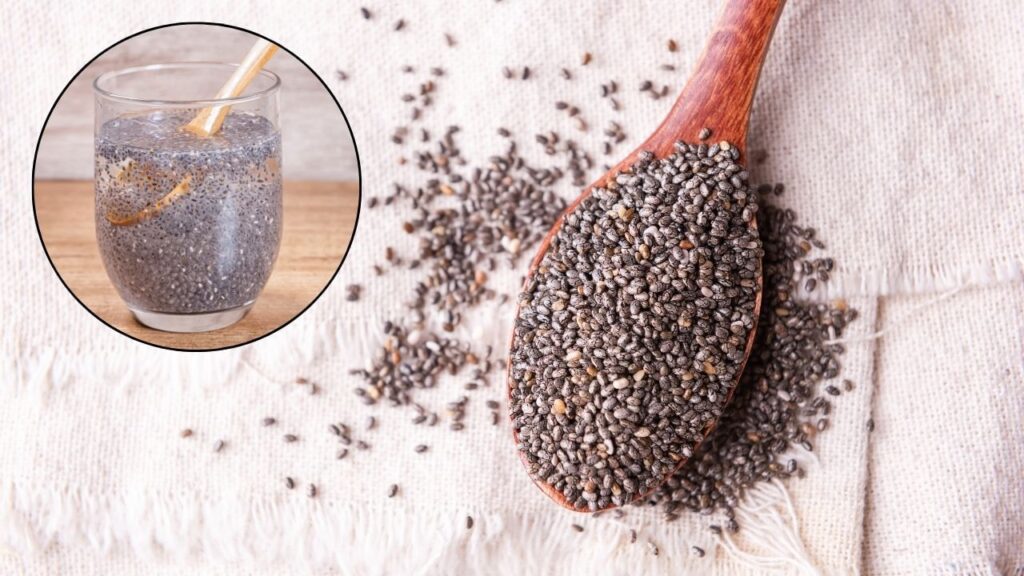In today’s health-conscious world, many people are increasingly concerned about weight management. As a result, they often resort to various drinks and supplements to aid in their weight loss journey. One popular ingredient that has gained significant attention is chia seeds. Known for their rich nutritional profile, chia seeds are packed with essential nutrients like potassium, dietary fiber, calcium, vitamin C, iron, and magnesium, which can enhance metabolism and support weight loss. However, despite their benefits, consuming excessive amounts of chia seeds can have adverse effects on health.
Understanding Chia Seeds
Chia seeds are tiny black or white seeds from the Salvia hispanica plant, native to Mexico. They have become a staple in health foods due to their high nutritional value and versatility in recipes. While chia seeds can be beneficial, it’s crucial to know how much to include in your daily diet and the potential downsides of overeating them.
Benefits of Including Chia Seeds in Your Diet
When consumed in moderation, chia seeds offer numerous health benefits:
- Blood Pressure Control: Chia seeds may help maintain healthy blood pressure levels.
- Improved Digestion: Due to their high fiber content, they promote healthy digestion and regular bowel movements.
- Blood Sugar Regulation: Chia seeds can aid in stabilizing blood sugar levels, making them suitable for individuals with diabetes.
Recommended Intake of Chia Seeds
For optimal health benefits, it’s recommended to consume about 25 to 28 grams of chia seeds daily, which is approximately two to two and a half tablespoons. It’s essential to not consume chia seeds dry, as they can absorb a significant amount of water. Instead, they should be soaked in water or added to soups and salads. This not only enhances their digestibility but also maximizes their nutritional value.
Potential Risks of Excessive Chia Seed Consumption
While chia seeds are nutritious, excessive consumption may pose several health risks:
1. Digestive Issues
The high fiber content in chia seeds is beneficial, but overshooting the recommended amount can lead to bloating and discomfort. Individuals susceptible to digestive issues, such as diarrhea, should avoid chia seeds during gastrointestinal distress.
2. Risk of Dehydration
Chia seeds have the capacity to absorb up to 10 times their weight in water, which can lead to dehydration if adequate fluids are not consumed. Therefore, it’s essential to soak chia seeds before consumption and ensure that you drink plenty of water throughout the day.
Conclusion
Incorporating chia seeds into your daily diet can offer significant health benefits, particularly in weight management and digestive health. However, moderation is key. By being aware of the potential risks associated with excessive consumption, you can enjoy the advantages of chia seeds while maintaining optimal health.
